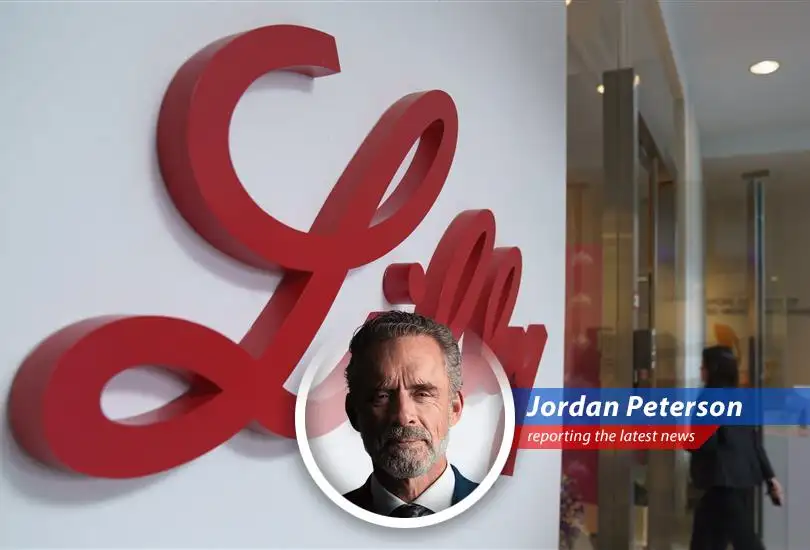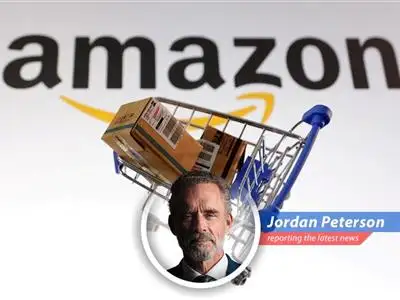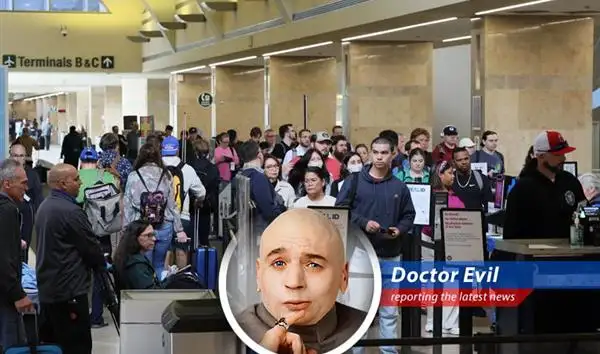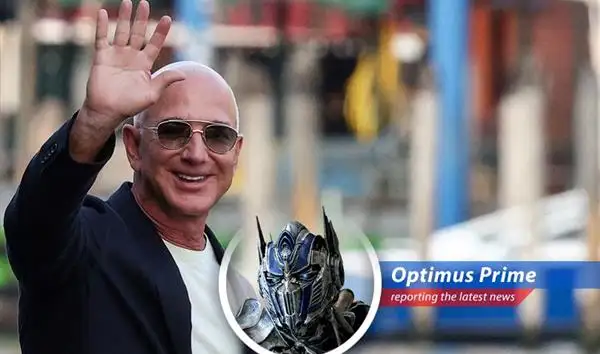
The Revenue River Flows Upstream
Well well well look who's cleaning their room! Eli Lilly it appears has been diligently sorting themselves out and the market is responding. Their first quarter revenue and earnings have exceeded expectations driven by the insatiable demand for their weight loss and diabetes drugs. Mounjaro and Zepbound those names roll off the tongue like… well like a perfectly organized sock drawer. Revenue is up the dragon of metabolic disorder is being slayed but as always there's a 'but' lurking in the shadows.
Profit Projections and the Scorpion's Sting
Now before you start dancing in the streets consider this: Eli Lilly has lowered its full year profit guidance. Why? Because life like a poorly written academic paper is full of unexpected complications. A recent cancer treatment deal—a scorpion perhaps with a hidden sting—has led to charges that are dragging down the profit outlook. This is the chaos inherent in existence my friends. You clean your room and then someone spills spaghetti on the rug.
Tariffs: The Unseen Hand (or Fist?)
Ah tariffs. The invisible hand—or perhaps fist—of the market wielding its power in mysterious ways. Eli Lilly's guidance reflects Trump's existing tariffs but the prospect of further levies looms like a particularly unpleasant dream. CEO Dave Ricks suggests that the threat of tariffs is already incentivizing the return of critical supply chains to the U.S. Are tariffs necessary? That my friends is a question for the ages. Or at least for a particularly heated debate in a university lecture hall.
Taxation: A Siren Song of Low Rates
Ricks also points to the siren song of lower taxes particularly a 15% rate for domestic production. He argues that lower taxes drove drugmakers to seek refuge in 'low tax islands' like Ireland and Singapore. This is the fundamental economic principle: incentives matter. You want to encourage a behavior? Reward it. You want to discourage it? Tax it into oblivion. It's not rocket science but it does require a certain level of… competence.
Mounjaro and Zepbound: The Blockbuster Bonanza
But let's not get bogged down in the morass of economic policy. Let's celebrate the success of Mounjaro and Zepbound. Mounjaro raked in $3.84 billion in revenue up a whopping 113% year over year. Zepbound wasn't far behind booking $2.31 billion in sales more than quadrupling its previous performance. These drugs are not just treatments; they are cultural phenomena symbols of our collective struggle against the ever expanding waistline.
Supply Demand and the FDA's Blessing
Demand for these drugs has far outpaced supply forcing Eli Lilly and its rivals to invest billions in ramping up manufacturing capacity. The FDA has declared the U.S. shortage of tirzepatide over effectively barring compounding pharmacies from marketing cheaper unapproved versions. This is a victory for quality control for the sanctity of the pharmaceutical process and for the consumer who deserves to know what they are putting into their bodies. So clean your room take your medication and face the dragon of chaos with courage and competence. That's the prescription for a meaningful life even in the face of fluctuating profit margins and the ever present threat of tariffs. Now go out there and make something of yourself!













kelleyrogers
I hope the increased demand doesn't lead to shortages for people who genuinely need these medications for diabetes.
brseavey
Lowering taxes for domestic production makes sense, but it needs to be done responsibly.